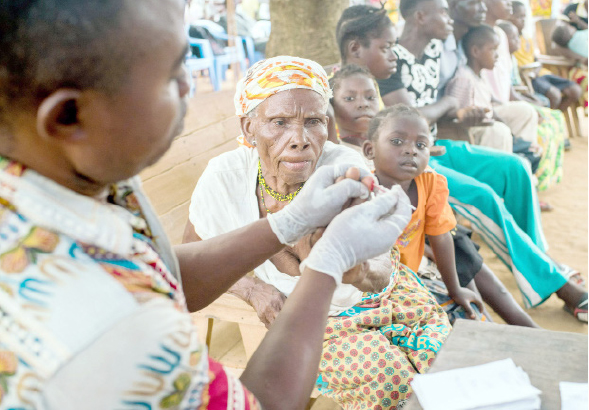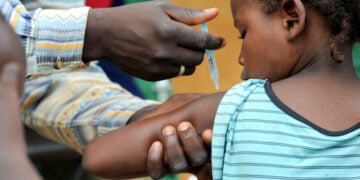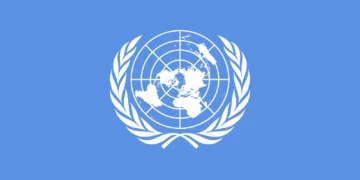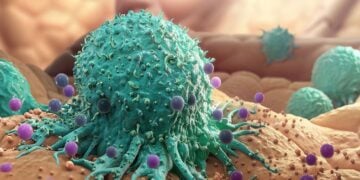Neglected Tropical Diseases (NTDs) are neglected despite the burden on families of those affected with the diseases.
NTDs are a group of preventable and treatable diseases that could be caused by viruses and bacterias.
These diseases are called ‘neglected’ because they affect the poorest, most vulnerable people and receive less attention than other diseases.
NTDs, which are common in tropical or sub-tropical regions are closely associated with poverty, poor sanitation, lack of safe water sources, substandard housing conditions and deficient healthcare access.
The Federal Ministry of Health said that 12 out of the 20 NTDs were present in Nigeria and only four Local Government Areas (LGAs) were not endemic with any form of NTDs.
The diseases are: Onchocerciasis, Lymphatic Filariasis, Schistosomiasis, Soil-transmitted Helminthiasis, Trachoma, Snakebite Envenoming, Rabies, Buruli Ulcer, Leprosy, Yaws, Leishmaniasis, Human African Trypanosomiasis (HAT) and Guinea-worm Disease (eliminated).
The former national coordinator, NTDs Elimination Programme, Federal Ministry of Health, Dr. Nse Akpan, in his presentation titled: “Overview of Neglected Tropical Diseases in Nigeria” at a media dialogue on Neglected Tropical Diseases (NTDs) Control in Nigeria, organised by the United Nations Children’s Fund (UNICEF) in Port Harcourt, Rivers State, said 122 million Nigerians were at risk of one or more form of NTDs.
He added that 20 percent of the figures were pre-school children, 28 Percent school age children and 52 percent are adults.
According to him, NTDs pose a devastating obstacle to attainment of Universal Health Coverage (UHC), and negatively impact economic growth, social development and poverty reduction initiatives, adding that sustained economic development cannot occur without addressing NTDs.
He, therefore, stressed the need for government at all levels to invest in elimination of the diseases.
However, Akpan noted that some progress have been made, including the Trachoma transmission interrupted in 84 LGAs out of 122 LGAs in 10 States (Edo, Ebonyi, Jigawa, Katsina, Kano, Nasarawa, Niger, Plateau, Sokoto and Zamfara).
He added that bout 85,775 cases of Trachomatous Trichiasis surgeries have been conducted from inception of the programme, with over 26,000 cases of trichiasis managed in 2019.
Also, he said more than 700 million donated medicines were used annually, worth trillions of Naira in production, shipping and other logistics. And over 200 million cumulative treatments achieved in 2019.
In spite of these efforts and achievements, NTDs control in the country is faced with challenges, some of which Akpan identified as poor funding support by all tiers of government for NTDs interventions and inadequate or sometimes lack of information about these diseases.
He, therefore, called on government at all levels to release a proportion (0.05 per cent) of the total budget annually to implement critical activities towards fast tracking NTD elimination in the country.
According to him, “NTDs interventions should be mainstreamed with the following and covered with funds allocated for the projects: the Northeast Development/Rehabilitation Programme, Niger Delta/Ogoni Clean Up Project, Sustainable Development Goals Project in Nigeria, Home Grown School Feeding Project,”
Meanwhile, the Nigeria Neglected Tropical Diseases (NTDs) Economic Impact Report in 2023 revealed that about 165 million Nigerians were in need of treatment for one or more NTDs.
This represents 84 percent of the entire population of the country.
The maiden edition of the report, commissioned by the END Fund and conducted by Deloitte Nigeria also showed that with a projected population increase of 263 million by 2030, the figure may increase, thus the need for urgent action.
The report also indicated that Nigeria will save $18.9b if the country is able to eliminate NTDs by 2030.
Speaking with journalists at the 2023 World NTDs Day Town Hall Meeting in Abuja, the END Fund senior director of Public Affairs for Africa, Oyetola Oduyemi, disclosed that there was a significant setback to the fight against NTDs during COVID-19 in 2020.
Oduyemi explained that the treatments that should have been delivered to the people were disrupted by the outbreak of the pandemic.
“It was just a free for all and as a result, there was a significant increase in the number of people and that is why, at present over 168 million Nigerians in need of treatment for one or more of these diseases”. She added.
However, NTDs Day is observed every year on 30 January. It is a day set aside to raise awareness and needed attention to NTDs.
According to the World Health Organization (WHO), World NTDs Day is a significant occasion to consider the severe effects these diseases have on the wellbeing and livelihoods of billions around the globe.
On this year’s World NTDs Day, WHO regional director for Africa, Dr. Matshidiso Moet, said “It’s a time to reflect on the progress made in fighting these diseases and to recognize the urgent need for global and national authorities to reinforce their commitment and mobilize resources to accelerate elimination of NTDs globally and in Africa,” i.
She said “The presence of NTDs is a constant reminder of the inequalities in our world today. I am asking you, as individuals and as communities, to act, to spread awareness, to advocate with those in power, and to help to mobilize the resources needed to do this.
“l am asking you to ensure that we eliminate, that we end these diseases once and for all. Let’s build a world where no one lives with river blindness, no one is shunned by society because they are living with the ancient disease of leprosy, and no one is debilitated by anaemia because they are infected with soil-transmitted worms.”





